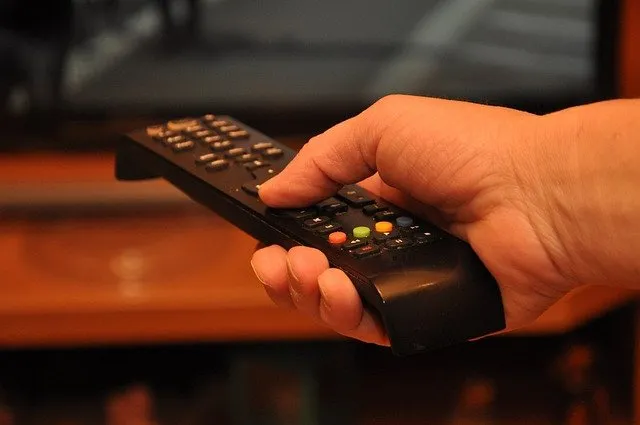
Imagen de Renate Köppel en Pixabay Fuente
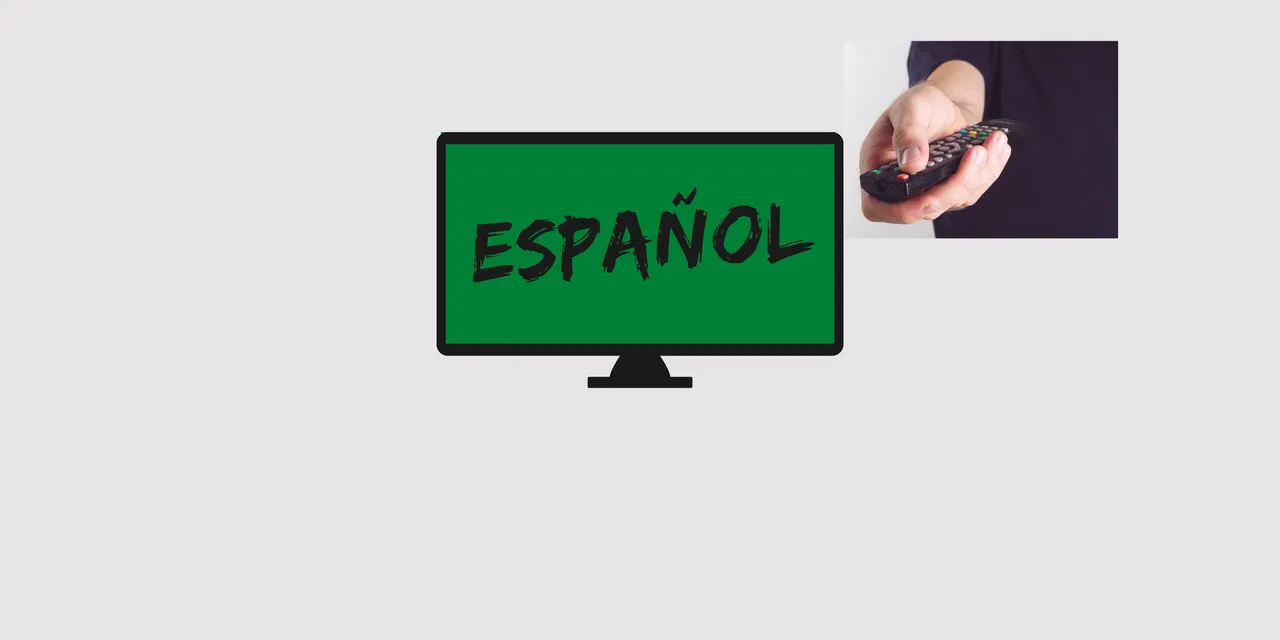
Todos en algún momento nos ponemos cómodos, quizás traigamos una bebida o algo de comer, y encendemos el televisor para disfrutar de algún programa o transmisión de algún evento en directo: un juego de fútbol, un concierto o ¡las olimpiadas.
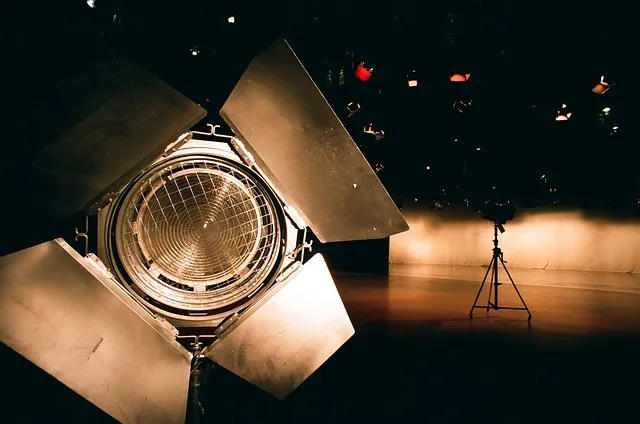
Imagen de Michael Edwards en Pixabay Fuente
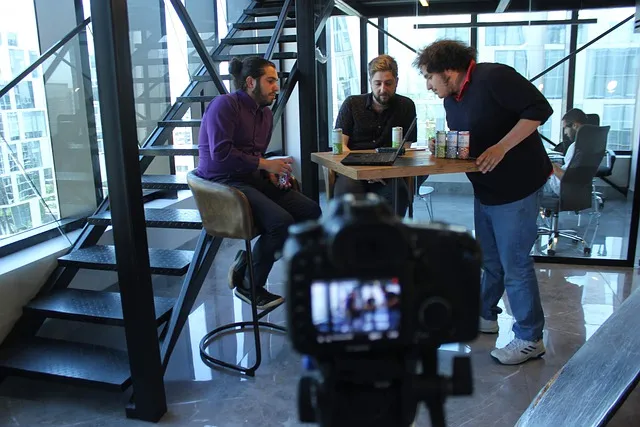
Imagen de Guillermo Descortés en Pixabay Fuente
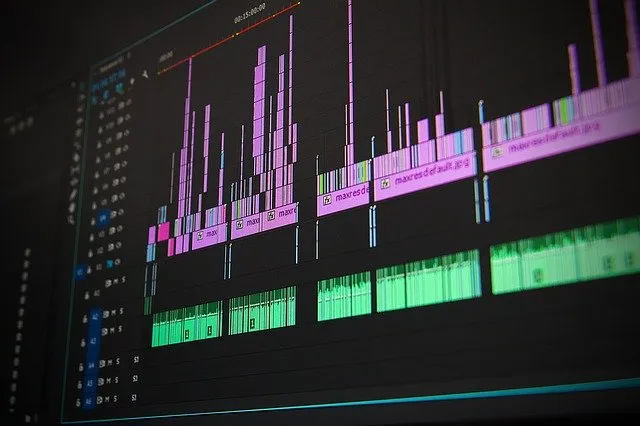 )
)
Imagen de Recklessstudios en Pixabay. Fuente
( )
)
Pero pocos somos los que conocemos todo lo que pasa antes de que puedas disfrutar del show. Quienes trabajamos en la industria de la televisión, el cine o la radio, tenemos de primera mano la vivencia, y la experiencia de cómo se logra el producto que los espectadores verán por la pantalla.
Durante muchos años, tuve la dicha (o desdicha) de trabajar en diferentes canales de televisión en Venezuela. Debo confesar que fue un aprendizaje, no solo en lo que respecta a mi profesión, sino también a cómo manejarse entre diversos tipos de personas, a quienes debes guiar para lograr un producto de calidad.
Y ¿cuál es la diferencia entre este trabajo y los de otros profesionales? básicamente son dos, la primera es que muchas personas lo verán y ahí estará tu nombre, la segunda, que queda grabado y cualquiera tendrá acceso a ver lo que hiciste en algún momento de su vida.
Mi primer trabajo fue en un programa de humor que tenía el récord de mayor transmisión ininterrumpida en la historia de la televisión venezolana: Radio Rochela. Ahí estuve durante 3 años como Asistente de Producción, aunque luego de un tiempo y sin la calificación a nivel administrativo, hacia la producción del programa casi en su totalidad.
Y si quizás conoces el programa, de seguro estarás pensando: ella estaría riendo todo el día con las ocurrencias de ese show. Ese era el comentario que siempre escuchaba cuando hablaba sobre mi empleo en ese entonces. Pero no, la realidad era en muchos casos, lo opuesto a lo que el común de las personas creía.

Imagen de Michael Edwards en Pixabay Fuente
Comenzar a trabajar en un canal de televisión que veía desde niña, conocer a los actores y actrices directamente, estar en ese programa que veíamos sin falta cada semana, parecía ser un sueño.
En aquel entonces yo era muy tímida, y enfrentarme a toda esa realidad fue el detonante para dejar eso atrás y ponerle el pecho a cada situación, por apremiante que fuera.
Mi programa se grababa, dos veces por semana, pero en el resto del tiempo había que planificar, y en eso me hice una experta, es algo que me apasiona y por eso quería ser productora audiovisual, porque es como el cerebro que organiza todos los procesos, los comanda, y verifica los resultados.
Y entonces escuchaba, ¿y cuándo sales tú en el programa? NUNCA salía, esa no era mi función ahí, sólo que los demás no entendían qué era lo que realmente hacía.

Imagen de Guillermo Descortés en Pixabay Fuente
Yo era parte de ese cerebro mandón que lograba la magia dentro de la caja cuadrada. Algunos imaginan que los directores son los que llevan el control, sobre todo por la referencia de las películas, en las que se nombran de primero al que dirige, pero es una responsabilidad compartida. Es como si el productor es mamá y el director, papá, todos creen que papá es quien manda, pero sabemos que la batuta la lleva el otro.
¿Por dónde empezar? Primero había que escribir uno (o varios) libretos, para eso estaban los guionistas o libretistas. Nosotros teníamos 4 en ese entonces, cada uno se dedicaba a un tipo de contenido.
Cuando entregaban el material, entonces había que pasar a hacer los desgloses, ubicando espacios, objetos con los que debían interactuar los actores, referencias de maquillaje (porque a veces los creativos pedían que se pareciera a algún actor, actriz, a un dinosaurio o un vampiro). Todo estaba escrito en los libretos, era entonces sentarse a leer uno por uno (a veces llegaban a ser 15 o más, solo para un día de grabación) y hacer listas.
Cada lista había que pasarla a cada departamento encargado, verificar que citaran a los actores designados, que todo estuviese listo para el momento en que pasáramos al estudio a grabar.
Cuando es una transmisión en vivo, al finalizar el show, se termina el trabajo, solo queda recoger y guardar, y empezar un nuevo proyecto. Pero si el programa es grabado, al terminar el trabajo en el estudio, solo se ha hecho la mitad del trabajo.
 )
)Imagen de Recklessstudios en Pixabay. Fuente
Había pues que empezar a armar el rompecabezas y llevar el material a la sala de edición, para ensamblar cómo se vería finalmente, porque en realidad, al momento de grabar no se hace cronológicamente, como algunos creen.
También hay que estar pendiente de las promociones y de la musicalización, que son parte del proceso posterior a la edición.
No puedo negar que es apasionante todo el proceso, aunque resulte agotador en algún momento de la semana, pero como todo, siempre hay un lado oscuro.
Cuando se apagan las luces…
Trabajar en televisión puede llegar a ser adictivo, por la adrenalina que te genera la premura de sacar un material que tiene ya fecha y hora de transmisión. Y si te toca hacerlo en vivo, la inmediatez le agrega una dosis extra, así que la timidez, el miedo o la duda no tienen cabida ahí: o te adaptas o no sobrevives.
En mi caso, a pesar de trabajar en un programa de humor, los niveles de stress eran enormes. Había mucho que hacer y poco personal. Mi jefe, al solicitarle un ayudante, optó por pasantes poco calificados para el trabajo, por lo cual todo el proceso se hacía más cuesta arriba.
Y mientras todos reían, yo simplemente empecé literalmente a llorar sin ningún sentido. Mi cuerpo se empezó a manifestar de diversas maneras, tratando de alertarme sobre la sobrecarga de trabajo y adrenalina que estaba produciendo.
 )
)Image by bruce lam on Pixabay Fuente
Padecí de insomnio, bulimia y anorexia nerviosa por un par de meses, e inclusive desarrollé una condición que estaba recesiva en mi organismo: disritmia cerebral.
No voy a negar que tuve buenos momentos, que si reía mucho, sobre todo durante las grabaciones, ya que los actores con sus improvisaciones, se jugaban bromas entre ellos, que a más de uno le soltaba una carcajada.
Entre ellos, había un pacto de no parar una grabación si eso sucedía, y yo, inconscientemente me uní al pacto, al no parar de trabajar, a pesar de sentirme como cada vez más mi salud se deterioraba.
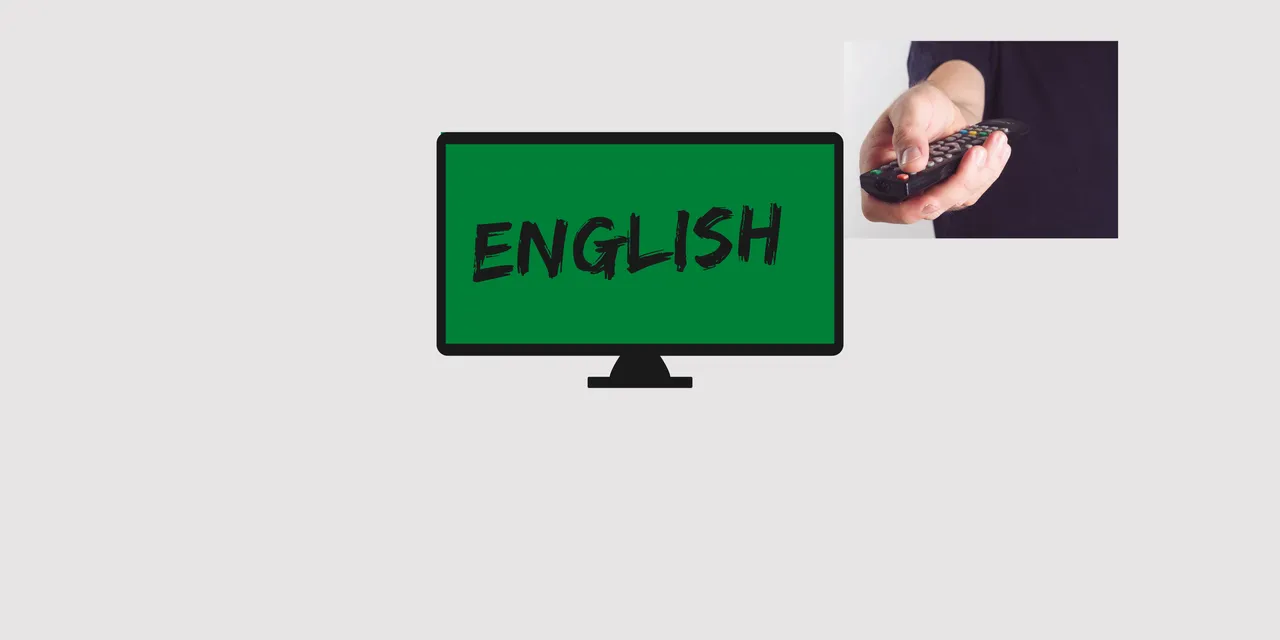
Seeing television from the inside: Working as an Audiovisual Producer
Image by Renate Köppel en Pixabay

Imagen de Michael Edwards en Pixabay Fuente

Imagen de Guillermo Descortés en Pixabay Fuente

Imagen de Recklessstudios en Pixabay. Fuente
( )
)
Image by bruce lam on Pixabay Fuente
En aquel entonces tenía 21 años, y sentía la necesidad de demostrarme a mi misma que podía con todo. También, la responsabilidad de ser quien llevaba los gastos de casa me forzaba a seguir adelante.
Del dolor saqué el aprendizaje, pero hubiese preferido no haber transitado por esa senda tan amarga, de la que son más los recuerdos tristes, que las risas del programa de humor que disfrutaba cuando era una niña.

Seeing television from the inside: Working as an Audiovisual Producer
Image by Renate Köppel en Pixabay
We all get comfortable at some point, maybe bring a drink or something to eat, and turn on the TV to enjoy a program or live broadcast of an event: a soccer game, a concert or the Olympics!
But few of us know everything that happens before you can enjoy the show. Those of us who work in the television, film or radio industry have first-hand experience of how the product that viewers will see on the screen is produced.
For many years, I had the joy (or misfortune) of working in different television channels in Venezuela. I must confess that it was a learning experience, not only in terms of my profession, but also how to deal with different types of people, whom you must guide to achieve a quality product.
And what is the difference between this work and those of other professionals? Basically there are two, the first is that many people will see it and your name will be there, the second is that it is recorded and anyone will have access to see what you did at some point in your life.
My first job was in a comedy program that held the record for the longest uninterrupted transmission in the history of Venezuelan television: Radio Rochela. I was there for 3 years as Production Assistant, although after a while and without the qualification at administrative level, I was in charge of the production of the program almost in its entirety.
And if you know the program, you are probably thinking: she would be laughing all day long with the witticisms of that show. That was the comment I always heard when I talked about my job back then. But no, the reality was, in many cases, the opposite of what most people thought.

Imagen de Michael Edwards en Pixabay Fuente
To start working in a television channel that I had watched since I was a child, to meet the actors and actresses directly, to be in that program that we watched every week without fail, seemed to be a dream.
At that time I was very shy, and facing all that reality was the trigger to leave that behind and put my chest to every situation, no matter how pressing it was.
My program was recorded twice a week, but the rest of the time I had to plan, and I became an expert in that, it is something I love and that's why I wanted to be an audiovisual producer, because it is like the brain that organizes all the processes, commands them, and verifies the results.
And then I heard, and when do you go out in the program? I NEVER went out, that was not my function there, only that others did not understand what I was really doing.

Imagen de Guillermo Descortés en Pixabay Fuente
I was part of that bossy brain that made the magic inside the square box. Some people imagine that directors are the ones in control, especially because of the movie reference, where the one who directs is named first, but it's a shared responsibility. It's like if the producer is mom and the director is dad, everyone thinks that dad is in charge, but we know that the other one is in charge.
Where to start? First you had to write one (or several) scripts, that's what the scriptwriters or librettists were for. We had 4 at that time, each one dedicated to a type of content.
Everything was written in the scripts, so we had to sit down and read them one by one (sometimes there were 15 or more, just for one day of filming) and make lists.
Each list had to be passed on to each department in charge, verifying that the designated actors were summoned, that everything was ready for the moment we went to the studio to record.
When it is a live broadcast, at the end of the show, the work is finished, the only thing left to do is to pick up and put away, and start a new project. But if the show is recorded, when the work is done in the studio, only half the work is done.

Imagen de Recklessstudios en Pixabay. Fuente
So you had to start putting the puzzle together and take the material to the editing room, to assemble how it would finally look, because in reality, at the time of recording it is not done chronologically, as some believe.
You also have to be aware of the promotions and the musicalization, which are part of the post-editing process.
I can't deny that the whole process is exciting, even if it is exhausting at some point during the week, but like everything, there is always a dark side.
When the lights go out...
Working in television can be addictive, because of the adrenaline generated by the rush to get a material that already has a transmission date and time. And if you have to do it live, the immediacy adds an extra dose, so shyness, fear or doubt have no place there: either you adapt or you don't survive.
In my case, despite working on a comedy show, the stress levels were enormous. There was a lot to do and not enough staff. My boss, when asked for an assistant, opted for interns who were not very qualified for the job, which made the whole process more difficult.
And while everyone was laughing, I just literally started crying nonsense. My body began to manifest itself in various ways, trying to alert me to the overload of work and adrenaline I was producing.
 )
)Image by bruce lam on Pixabay Fuente
I suffered from insomnia, bulimia and anorexia nervosa for a couple of months, and even developed a condition that was recessive in my body: cerebral dysrhythmia.
I will not deny that I had good times, that I laughed a lot, especially during the recordings, since the actors with their improvisations, played jokes with each other, that made more than one of them laugh.
Among them, there was a pact of not stopping a recording if that happened, and I unconsciously joined the pact, by not stopping working, despite the fact that I felt my health was deteriorating more and more.
I was 21 years old at the time, and I felt the need to prove to myself that I could handle anything. Also, the responsibility of being the breadwinner forced me to keep going.
I learned from the pain, but I would have preferred not to have gone down that bitter path, of which the sad memories are more than the laughter of the comedy show I enjoyed as a child.
Fotografías por/Photografy by: Márluy Escalona (selected on Pixabay), Redmi9T
Edición/Edition by: @marluy on Canva
Traducido por/ translate with: www.deepl.com/translator (free version)